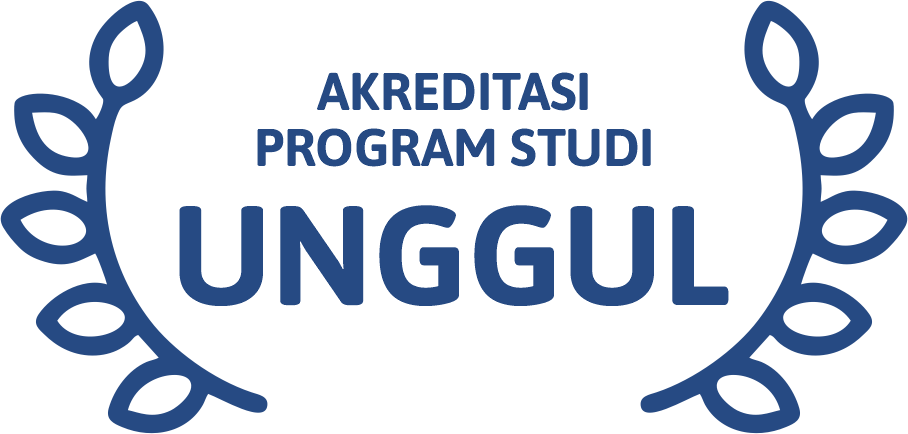Examination and Final Score
The exams are held, among others: Final Semester Examination (UAS), Comprehensive Examination (Written and Pre-Proposal), Dissertation Proposal Seminar, Dissertation Feasibility Study, and Dissertation Examination (Closed and Open).
A. Final Semester Exam (UAS)
1. Requirements to take UAS
a. Pay off tuition and registration for semesters 1 and 2.
b. Show an exam card that has been approved by the Academic Administration Division.
c. Meet the minimum 75% attendance requirement
2. Question Form and Exam Time
a. The form of the semester exam is in the form of paper assignments and or presentations.
b. The deadline for paper collection is in accordance with the predetermined exam schedule.
3. UAS Terms
a. Final Semester Examination (UAS) is an examination which is held on a scheduled basis at the end of each semester.
b. Final Semester Exam Materials include lecture material delivered during lectures.
c. Final Semester Exam scores are expressed in letter form.
d. Semester examination assessment is the average of the sum of the scores of 2 or more lecturers.
e. If the lecturer does not submit the grade within the specified time limit, the Program has the right to execute the grade with a B grade.
f. If the lecturer is late in submitting the grade and it has been executed, then the value from the lecturer that is applied is the best value as long as the student has not taken the dissertation exam.
g. Students who violate the exam are given academic sanctions in accordance with applicable regulations.
h. The UAS pass score is a requirement for taking the Comprehensive Exam.
4. UAS Repair / Follow-up
a. Students are allowed to take remedial exams on condition that they register with the finance department by paying according to applicable regulations.
b. For students who will take the Final Semester Remedial / Follow-up Examination, there is no set limit for the value and the best value of the test results is taken.
c. If a student takes a follow-up/repeat exam with a different tutor, then the person concerned repeats the course exam from the new supervising lecturer taking into account the previous attendance.
d. The value of passing the revised/follow-up UAS as a requirement to take the Comprehensive Exam.
B. Comprehensive Exam
The Comprehensive Examination consists of a Written Examination and a Pre-Proposal Examination.
1. Written Exam
a. Written Exam Material
1) Philosophy of Science
2) Philosophy of Law
3) Legal Theory
4) Legal Research Methodology.
b. Written Exam Terms
1) The Written Examination is an open book.
2) The written exam time for each course is 120 minutes long.
3) Questions can be tested after obtaining approval from the Chairperson
2. Pre-Proposal Exam
a. Preparation of Pre-Proposal for Comprehensive Examination, students are guided by 1 (one) Supervisor.
b. The Pre-Proposal Supervisor is determined by the Program on the proposal from the student which is adjusted to the material in the Dissertation field.
c. Pre-Proposal can be tested after obtaining approval (acc) from the Supervisor and the Commission for Assessing the Performance of Lecturers and Dissertation Supervisors.
d. There are 3 Pre-Proposal Examiners (including Advisors) in accordance with the field of dissertation.
3. Determination of Graduation
a. Written Exam Results.
1) Graduation Norms
a) The minimum cumulative value of the tested subjects is B-;
b) C grade from each course is at least 1 (one);
c) There is no D in each course;
2) If the participant passes the written comprehensive examination, the student is entitled to continue writing the pre-proposal.
3) If the examinee does not pass one of the Comprehensive Examinations, then the examinee only repeats the one that did not pass.
b. Pre-Proposal Exam Results.
The assessment of the results of the Pre-Proposal Examination consists of:
– Eligible Forward To Dissertation Proposal Writing Without Improvements – Eligible To Continue To Dissertation Proposal Writing With Improvements
– Not worthy of being forwarded to the writing of a dissertation proposal





